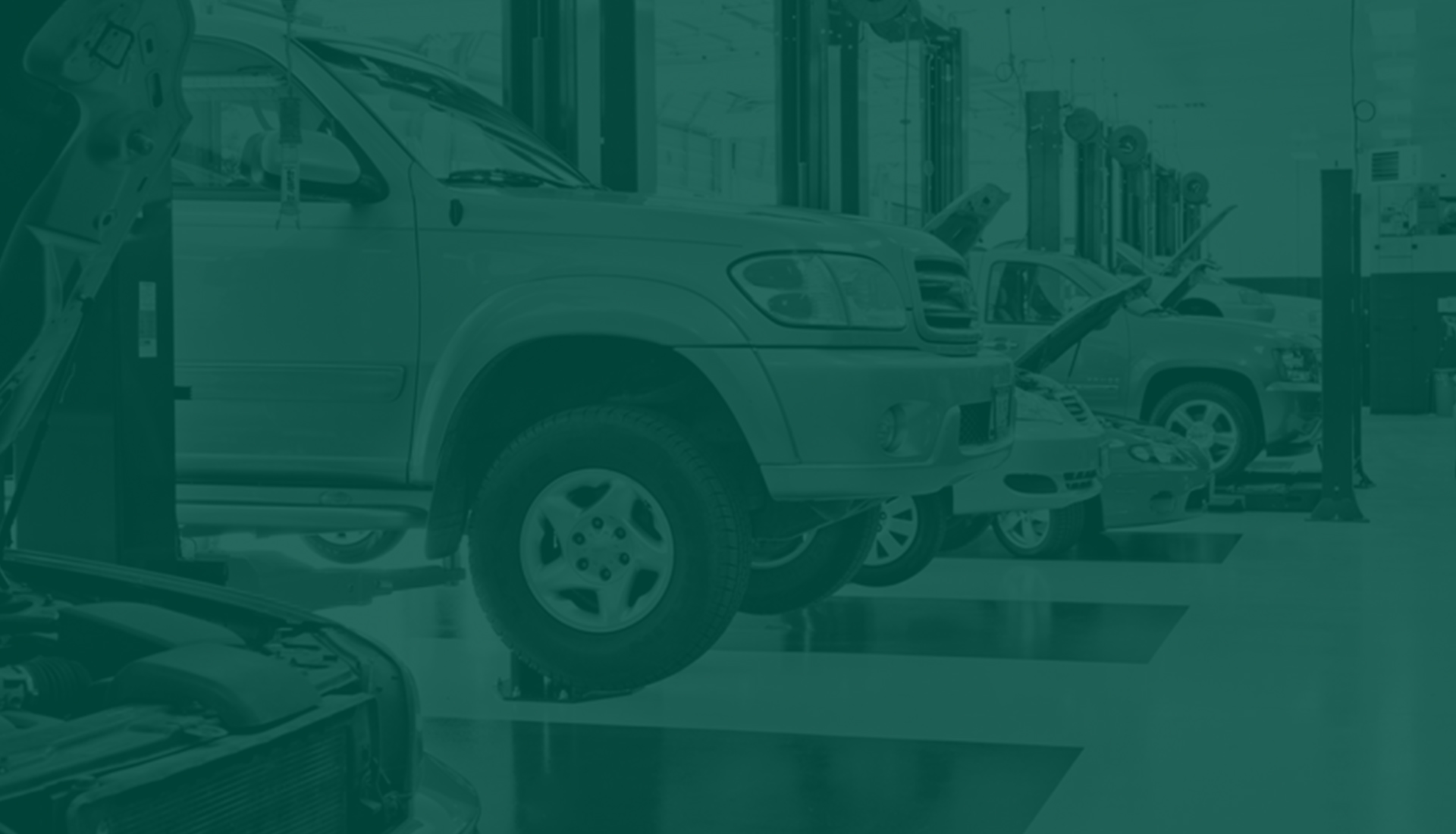The 10 basic terms your car mechanic wants you to know

Do you despise taking your car to the auto shop? If you do, you aren’t alone. Auto maintenance is rarely fun, but a car that won’t start or one that struggles to move is never fun. However, when you stay on top of your vehicle’s regular maintenance you’ll ensure the reliability, efficiency, and overall safety of your car.
Maybe the reason many people avoid car maintenance is lack of knowledge and fear of being taken advantage of. Research has shown that the average car owner knows little to nothing about car maintenance or basic vehicle terminology, so taking your car in for regular maintenance can be a frustrating experience when the mechanic recommends services you don’t understand, even if the work is performed by a trusted, reputable auto mechanic.
We would like to eliminate that frustration by helping you feel more informed and knowledgeable before your next maintenance visit.
Automotive Terms You Should Know About
We recommend familiarizing yourself with a few basic car mechanic terms using this guide created by the team at Christian Brothers Automotive! By doing so, you'll be better informed and understand the details and the big picture the next time you discuss your vehicle's recommended repair or maintenance with your local mechanic.
1. Oil Filter
Your oil filter is vital to the health of your car. This important part cleans your engine oil while the oil circulates through your car's lubrication system. During an oil change, your mechanic will flush out the old oil and replace the filter.
While you'll want to be sure to check your car's specific needs, it's recommended to have your oil and filter changed every 4,000 – 6,000 miles. If you wait too long, you could cause irreversible damage to your engine and other internal components.
Have more questions regarding your oil change? Check out our blog: 3 Questions Every Driver Asks About Oil Changes.
2. Distributor
If you're having problems getting your older car started and suspect it's your ignition system, the distributor is likely to be blamed. The distributor oversees and evenly delivers the right amount of electrical voltage to the vehicle's spark plugs – and in the right order. On average, distributors will need to be replaced around every 10,000 miles.
Wondering if your car has a distributor? If your car was built after 2008, it does not. Modern cars are manufactured without one.
3. Brake Fluid
One of your car's most important fluids, brake fluid, is usually clear in color and is used within a vehicle's hydraulic brake system to squeeze the brakes around the rotors and slow or stop your car. The brake fluid should be replaced every four to five years to ensure a reliable stop!
4. Brake Pads
Brake pads are attached to the brake calipers. When you press your brakes, the calipers squeeze the pads around the rotors. That’s a lot of friction, and, over time, brake pads wear down and need to be replaced. As soon as your brakes show signs of wear (squeaking, grinding, scraping), have them inspected by a certified auto mechanic. You’ll want to ensure they're the proper width to stop your car effectively and safely.
5. ABS Light
Your anti-lock brake system is intended to help you stop your car if the brakes lock up for some reason or if the brake pressure is too intense. Your anti-lock brake light will illuminate for many reasons, but it's important to know that while it may be safe to drive to your final destination, it's important to have your car inspected as soon as possible to determine the underlying issue.
6. Tune-Up
You may hear mechanics recommend a "tune-up" of your engine. While the tune-up services offered and recommended by auto mechanics differ, we can share what we know.
A basic tune-up at your local Christian Brothers auto shop may include inspection, repair, and possible replacement of your:
Fuel filters
Air filters
Spark plugs (along with a Fuel Induction Service with Throttle Body Cleaning)
Lights
Brake Pads
Can I Handle My Auto Tune-Up & Maintenance Myself?
A regular tune-up ensures that these parts are in good working condition. While you may consider handling your automotive tune-up on your own, it's important to turn to a professional auto mechanic to handle all your tune-ups instead to ensure you're providing your car with the best possible service.
7. Dipstick
Whether you're looking to ensure your winter-sensitive fluids are at safe levels or wondering if it's time to have your engine oil topped off, your dipstick comes in handy. Simply remove the cap of the fluid you want to check, pull out and wipe off the long dipstick, redip it in the fluid, and pull it out again to check the labels on the stick to get the most accurate reading.
My fluid doesn't have a dipstick! If your car doesn’t have a dipstick, there are other ways to check fluid levels, such as inspecting the side for markings and using a light to see the fluid level. At Christian Brothers Automotive we know how to inspect and ensure proper fluid levels.
8. Spark Plug
When your key turns in the ignition, the spark plug ignites the fuel-air mixture and powers the engine. Even if only one of your engine's spark plugs is out, your car will have trouble starting and running. Whether it's burnt out due to misfiring or wet due to heavy rain or splashing through a puddle, have it inspected and replaced right away.
Ready to learn more about the world of spark plugs? Check out our answer to the question: "Why Are Spark Plugs So Important to Your Engine?"
9. Battery Corrosion
This one is less of a term and more of a visual you should be able to recognize, but it’s an important matter nonetheless. If water sits on the outside casing of your battery it can quickly corrode. Leaking acid and rust built up under the hood also cause corrosion.
Battery corrosion is easy to spot if you know what to look for: look for flaky layers of brown, white, or green discoloration on the terminals. If corrosion is severe, you'll even notice the build-up on the cables.
If you ever notice the corrosion under your hood you should have your battery inspected immediately, because corroded batteries won't work properly. Corrosion can be avoided with proper installation, routine inspection of the battery, and storage when not in use for long periods.
Cleaning your battery terminals can be fairly easy if you ever find yourself with a corroded battery and a dead engine.
10. Timing Belt
Just like your favorite song runs in a smooth and consistent timing and rhythm, your engine should do the same! Your timing belt makes this happen. The timing belt is covered in bumps, operates the camshaft, is usually made of reinforced rubber, and is responsible for opening and closing valves at the proper time. The camshaft is an essential moving component of any combustion engine.
Just like any other rubber belt, wear and tear, extreme weather changes, and time will cause the timing belt to become brittle, crack, or snap. The timing belt will usually need to be replaced around the 60,000 to 100,000 mile mark in most cars. We recommend regular inspection of your timing belt due to the impact it has on the life and longevity of your engine.
Auto Maintenance Goes a Long Way…Literally
Over time, parts and fluids in your car or truck need to be replaced. We invite you to talk with your local Christian Brothers Automotive mechanic about scheduled and preventative maintenance for your vehicle that can help you keep all these items in check.
Plus, when you work with our team, you'll be equipped with knowledge to help you make the best choice for your car, without having to worry about being bogged down in jargon by our auto mechanics. Remember, we are fellow car owners dedicated to educating our customers, performing high-quality auto services, and delivering exceptional customer service. We are committed to Driving Joy.
Don't delay – locate your nearest Christian Brothers Automotive shop today to schedule your next auto service!


[1].jpg)
sunwash-tech-with-customer.png)

